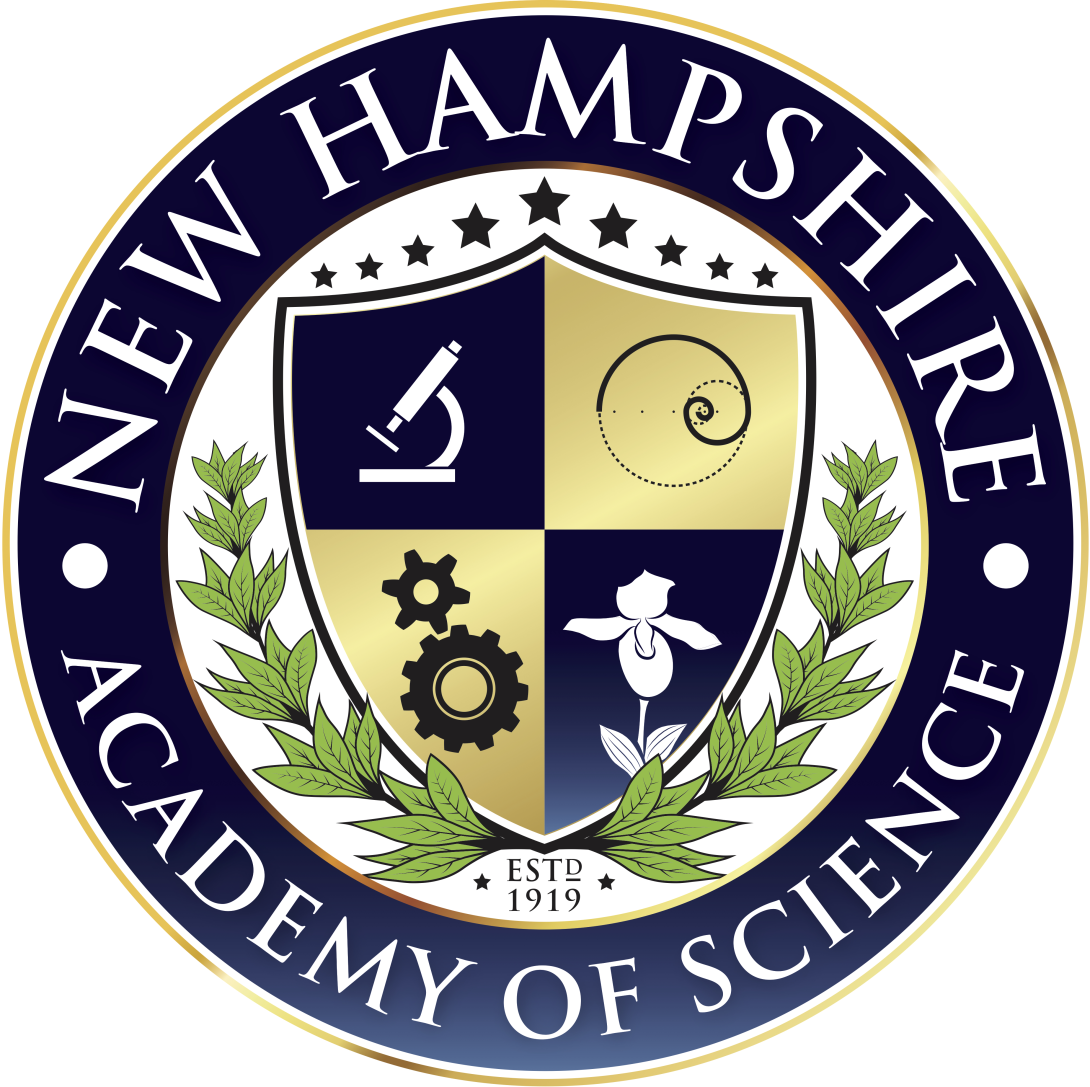Developing Hands-on Virtual Reality Science Laboratory Experiences
This project addresses our nation's urgent need for an agile and diverse science and technology workforce by innovating cost-effective and scalable hands-on chemistry and biochemistry laboratory training using virtual reality (VR) and mixed reality (MR) educational technologies. Learning is optimized when theory and practice are seamlessly integrated and when multiple senses (sight, sound, and touch) reinforce each other to promote long-term knowledge retention.
